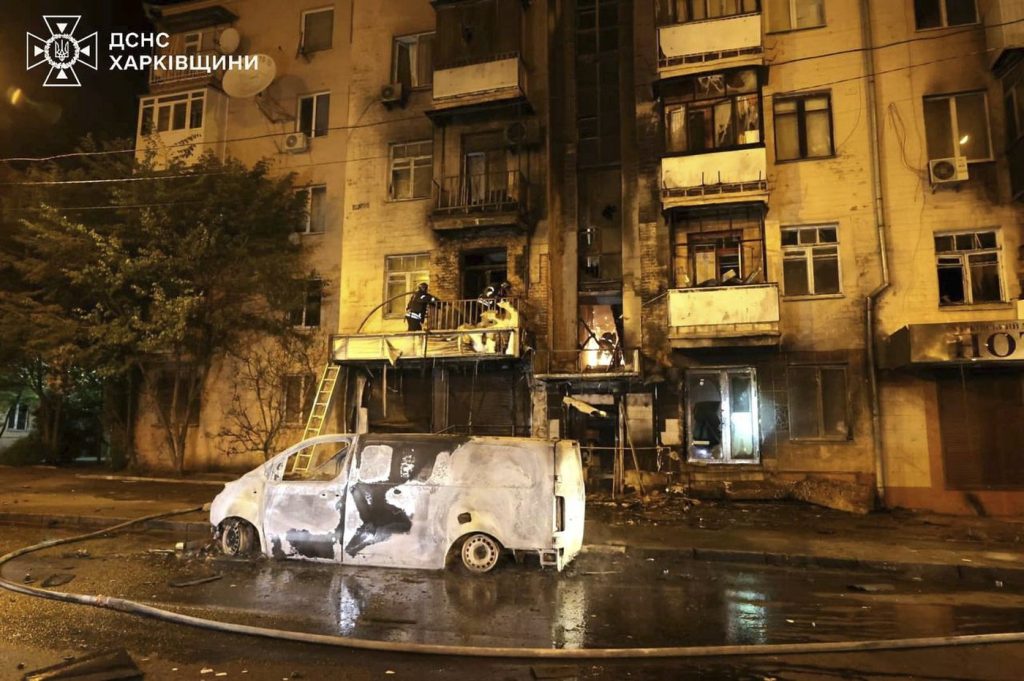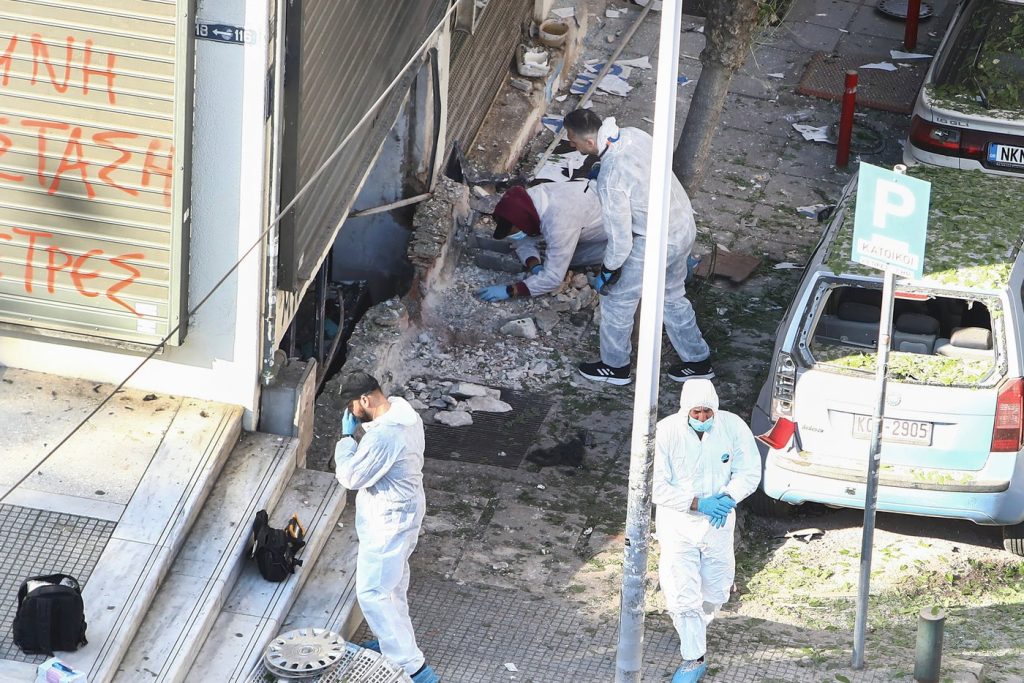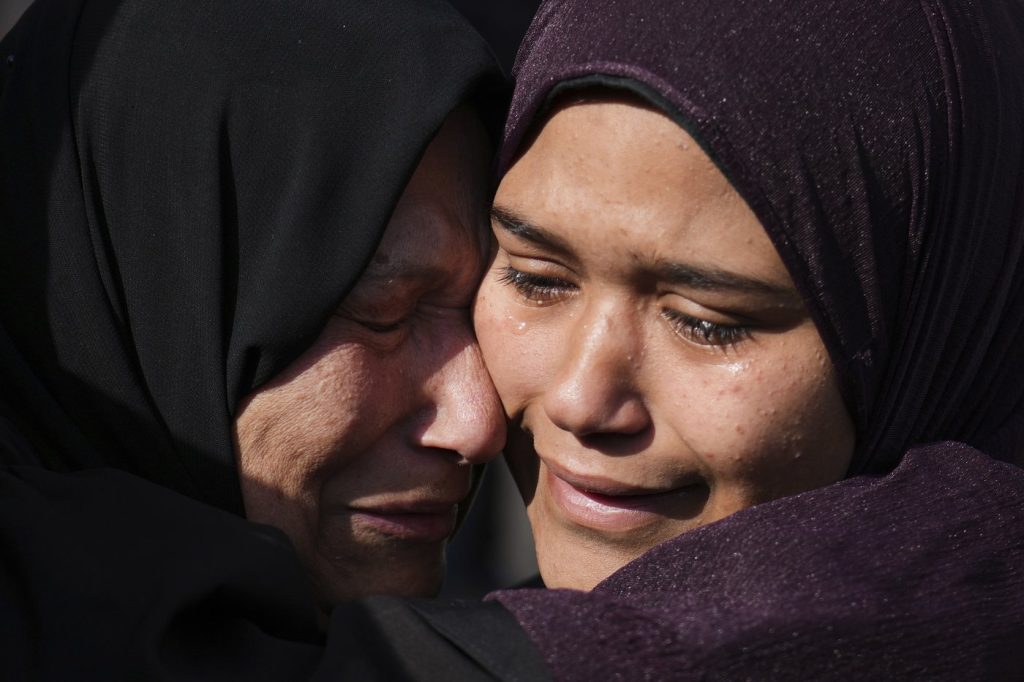KYIV, Ukraine (AP) – Ukraine and Russia are currently engaged in a dispute regarding competing ceasefire proposals, following accusations from Moscow against Ukrainian President Volodymyr Zelenskyy. Russia claimed Zelenskyy threatened the safety of dignitaries attending the Victory Day celebrations, after he dismissed Russia's unilateral 72-hour ceasefire announcement. In response, Zelenskyy renewed his calls for a more substantive 30-day pause in hostilities, proposing that this ceasefire could commence at any time as a significant step towards ending the ongoing conflict that has persisted for three years.
Zelenskyy criticized the 72-hour ceasefire announced by Russia, asserting that it was merely an attempt to create a "soft atmosphere" ahead of the annual celebrations in Moscow. He questioned the legitimacy of such a brief pause, stating, “Let’s be honest – you can’t agree on anything serious in three, five, or seven days.” Furthermore, Zelenskyy pointed out that Ukraine would not guarantee the safety of international dignitaries visiting Russia around May 9, cautioning that Moscow could stage provocations and subsequently blame Ukraine for any incidents.
President Zelenskyy emphasized that Ukraine cannot be held responsible for events occurring within the Russian Federation, mentioning that foreign officials had approached Kyiv for security assurances. He instructed Ukraine’s Foreign Ministry to advise against any visits to Russia during this time, urging that it was a personal decision if countries still opted to do so, and that they should not seek assurances from Ukraine.
Despite the tensions, Zelenskyy maintained that Kyiv’s military actions would mirror Russia’s movements. He acknowledged the challenges of implementing a complete front-line ceasefire without substantial international monitoring but reiterated that a 30-day ceasefire proposal offers a credible initial pathway. He also confirmed ongoing efforts to convene the next round of negotiations with the U.S., expressing hope that discussions could take place in Ukraine despite changes within the U.S. administration.
Russian authorities responded to Zelenskyy’s statements by asserting that he had unequivocally threatened world leaders planning to attend the Moscow celebrations on May 9. Dmitry Medvedev, deputy chairman of Russia’s Security Council, implied that there would be dire consequences if Ukraine were to attack Moscow's Victory Day events, stating that “no one will guarantee that May 10 will come in Kyiv.” Kremlin spokesperson Dmitry Peskov indicated that Russia expects concrete steps from Kyiv to de-escalate tensions prior to the holiday, asserting that the ceasefire proposals were designed to test Ukraine's commitment to finding long-term peace solutions.
The situation escalated further with a Russian drone strike in Kharkiv, Ukraine’s second-largest city, which resulted in 47 injuries. This attack spurred Zelenskyy to call for more significant military support from Ukraine's allies. Reports from Kharkiv Mayor Ihor Terekhov indicated that drones struck 12 locations, affecting residential buildings and civilian infrastructure. The Kharkiv Prosecutor’s Office noted that the use of drones with thermobaric warheads could constitute a severe breach of international humanitarian law. Zelenskyy emphasized the necessity for enhanced air defense systems and called for immediate and decisive actions from allied nations.
In the context of the ongoing conflict, Russia claimed to have launched a total of 183 drones and decoys overnight, with a notable number intercepted. Meanwhile, Russia’s Defense Ministry stated that its air defenses had shot down 170 Ukrainian drones during the same period. In a related incident, a drone strike in the southern Russian city of Novorossiysk resulted in injuries to five individuals, including two children.
The recent escalation follows an agreement between the U.S. and Ukraine regarding access to Ukraine’s mineral resources, aimed at ensuring continued military aid to Kyiv amidst concerns over potential reductions in support. This agreement reflects ongoing diplomatic efforts and the strategic importance of international alliances in addressing the wartime challenges faced by Ukraine.












